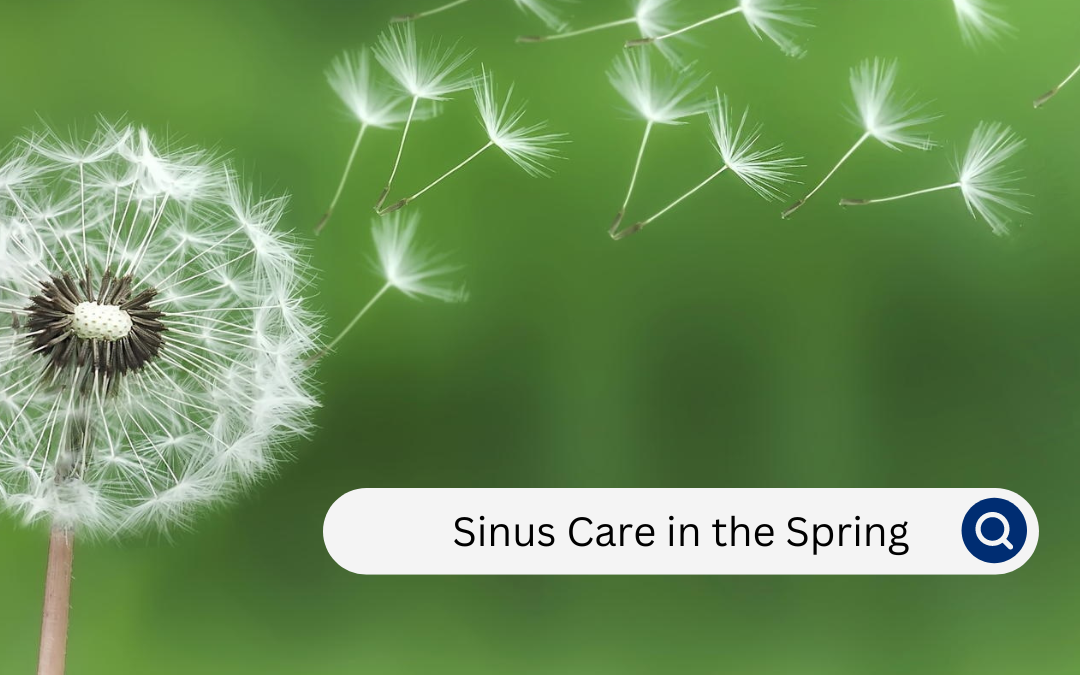The arrival of spring brings not only blooming flowers and warmer weather but also a host of sinus issues for many individuals. Let’s explore the common sinus issues associated with spring, explore their causes, and offer practical tips for managing symptoms and promoting sinus health.
Understanding Springtime Sinus Issues:
Pollen Allergies:
Spring is synonymous with pollen, a major trigger for allergic reactions. Trees, grasses, and weeds release pollen into the air, leading to sneezing, congestion, and itchy eyes in susceptible individuals.
Allergic Rhinitis:
Allergic rhinitis, commonly known as hay fever, can intensify during the spring months. Symptoms include nasal congestion, sneezing, postnasal drip, and sinus pressure.
Sinusitis:
Prolonged exposure to allergens can lead to sinusitis and inflammation of the sinus cavities. This condition results in facial pain, pressure, and nasal congestion. Keeping allergies in check is essential to prevent sinusitis, but if symptoms persist, consultation with an Allergy Provider is recommended for a personalized treatment plan.
Tips for Managing Springtime Sinus Issues:
Monitor Pollen Levels:
Stay informed about local pollen forecasts to anticipate high pollen days. Limit outdoor activities during peak pollen times, and consider using air purifiers with HEPA filters indoors to reduce allergen exposure.
Nasal Irrigation:
Saline nasal irrigation is a simple yet effective way to flush out allergens and irritants from the nasal passages. Use a saline solution or a neti pot regularly to keep sinuses clear and reduce congestion.
Medication Management:
Over-the-counter antihistamines, nasal decongestants, and intranasal corticosteroids can provide relief from allergy symptoms. However, it’s important to consult with an Allergy Provider to determine the most suitable medications and dosages for your specific condition.
Allergen-Proof Your Home:
Create a haven from allergens by keeping windows closed during high pollen seasons, using allergen-proof bedding, and regularly cleaning and vacuuming your home. Consider investing in an air purifier to further reduce indoor allergen levels.
Consult with an Allergy Provider:
If sinus issues persist or worsen, seeking the guidance of an allergist is crucial. Allergy testing can help identify specific triggers, leading to a more targeted and effective treatment plan.
If you or your loved one is suffering, reach out to us today. We would love to help you feel better.




